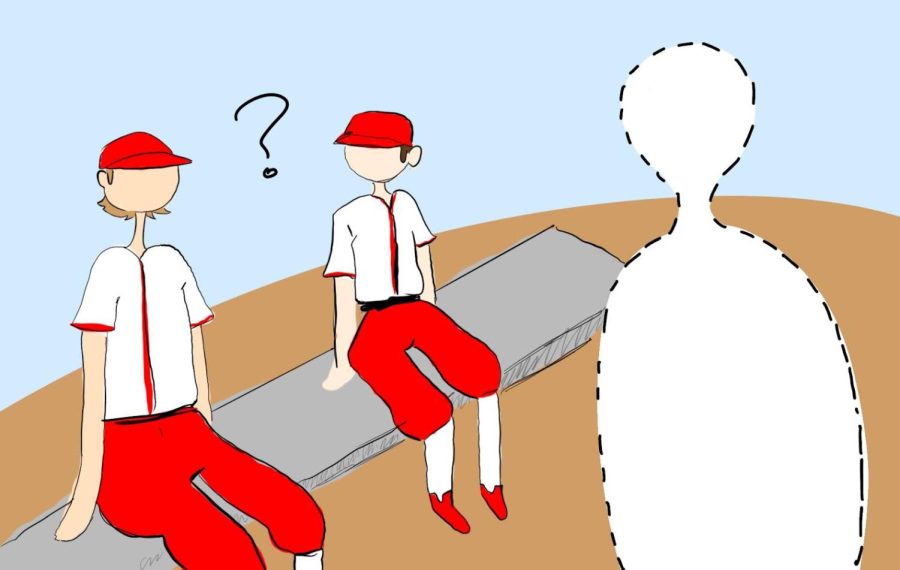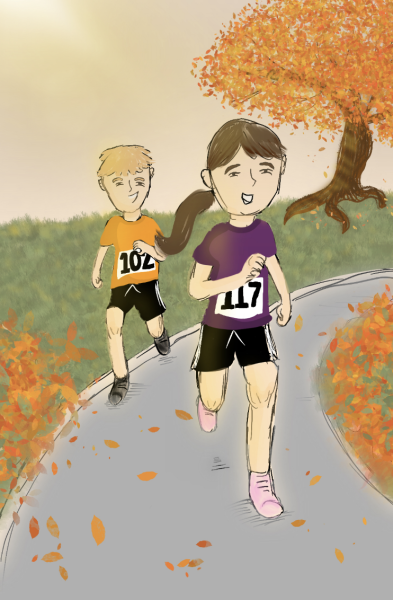Coach departures ravage teams
The influence that a coach at any level of any sport possesses makes coaching a job that can change athletic careers, seasons, or even lives over the course of a short period of time. Coaches who pass on their knowledge and expertise on to players are solely responsible for the growth of athletic talent and the success of the team that they are coaching for. Players not only learn from coaches, but they also form bonds and friendships with these coaches who do so much for them. However, a challenge presents itself when coaches leave a team for various reasons, leading to the team needing to replace the coach. While this alone causes a major problem for consideration, the deeper issue is the lost expertise, familiarity, and team bond that the coach brought with them.
Coaching at any level of athletics poses many challenges that can dissuade a coach from returning season after season, such as the drama, amount of work, or stress that can be involved with coaching. Due to coaching being a part-time job, most coaches have to balance the challenges of their full-time job as well as being able to give 100% to their team and players. Changes in work, life, or time availability can lead to this balance becoming particularly difficult. In times, drastic situations can lead to coaches having to make a choice between other priorities and continuing to coach.
For other coaches, particularly those at higher levels of athletics, the search for fame, wealth, or success can lead to a coach transferring from one team to another. Whether looking for a team that has been successful recently or trying to find a program that could grow into a prestigious one, coaches transferring from team to team is very common in professional sports.
All of the coaching changes that occur, regardless of the reason, have a large impact on the players of the team losing a coach. The player-coach relationship that forms can help a player in furthering their career, enjoying practices and games more, and having a trusted adult to whom the athlete can confidently ask for advice.
“It isn’t easy seeing a coach leave,” said sophomore Frankie Ragauskis. “You begin to create a friendship with them, so…losing a coach is similar to losing a friend.”
The loss of a coach also can lead to high expectations for the incoming individual taking the new coaching position, and the difference in coaching style, technique, or scheme can lead to adjustments needing to be made by athletes to the new coach. Furthermore, the coach-player bond that is vital for athletes needs to be built from the beginning. The long hiring process for a new coach can also lead to a potential gap in time between the start of a season and the arrival of the coach, which can lead to lack of development in a team. All of these factors take time, whether getting used to a coach or waiting for one, time that can be critical for preparation.
“Getting a new coach can be difficult to get used to,” said sophomore Elliott Chung. “It is an even bigger challenge if the head coach or major position coach…[is] being replaced. Regardless, you definitely see major adjustments being made in the season with the new coach.”
Coaching staff turnover is a relatively common occurrence, especially at higher levels of sports, but the main point to highlight from the idea of turnover is the importance that coaches have and the impact they make on the players and teams they coach for. The impact that coaches have can often be overlooked within the hecticness that comes with sports seasons, but practice after practice, game after game, sports coaches change the lives of each athlete in terms of athletic ability as well as character growth. So perhaps, when a coach makes the decision to start a new future outside of the sports team they had been coaching for, it is a fitting moment to reflect on the impact that they have made that will stay for years to come.
Your donation will support the student journalists of Saint Viator High School. Your contribution will allow us to purchase equipment and cover our annual website hosting costs.








